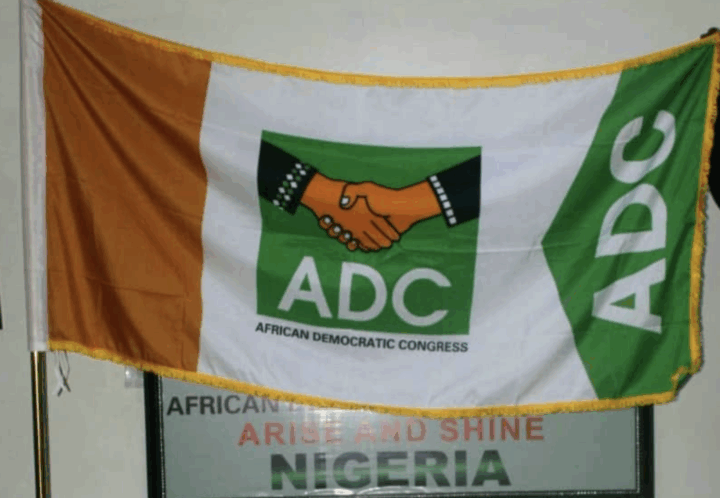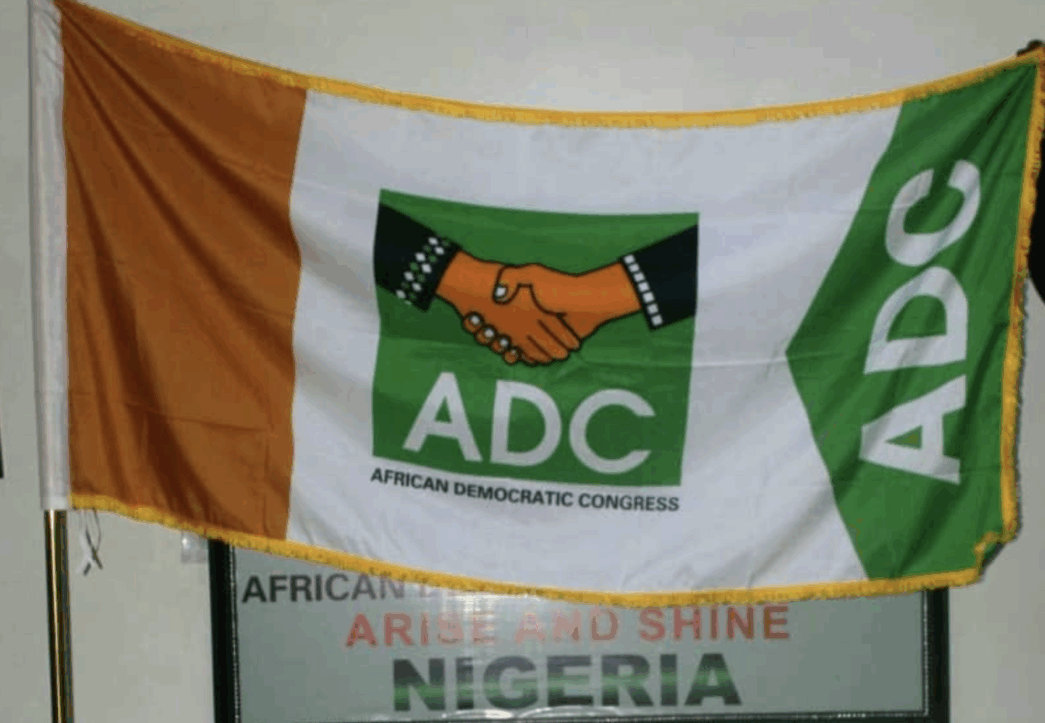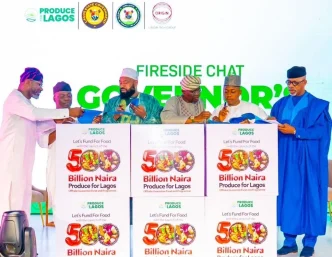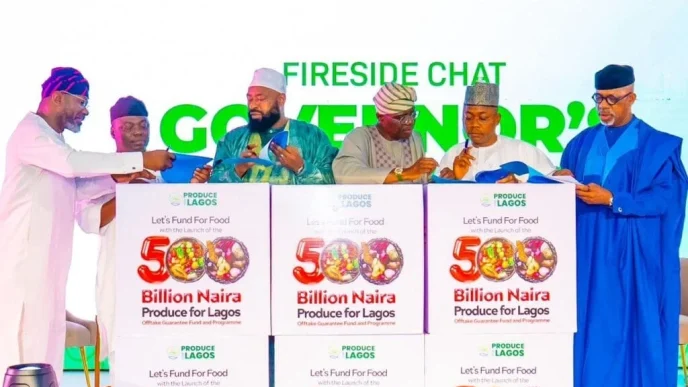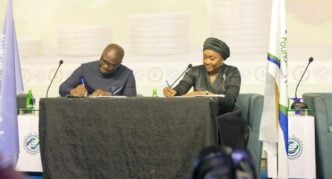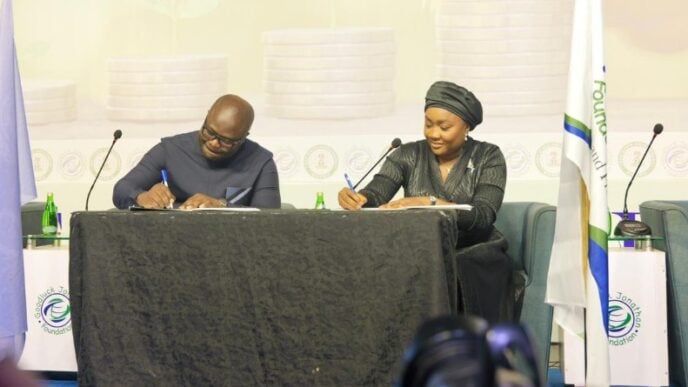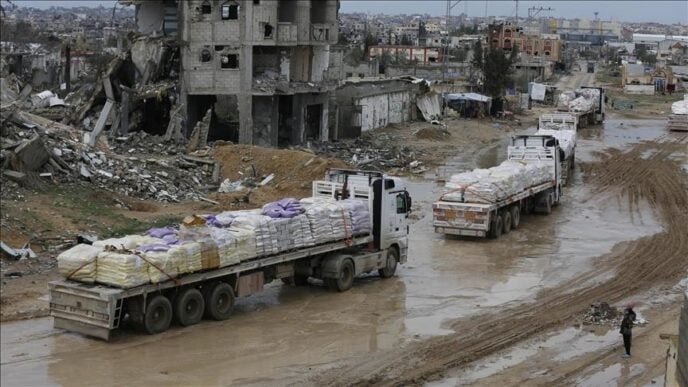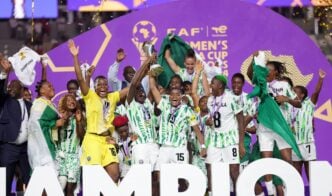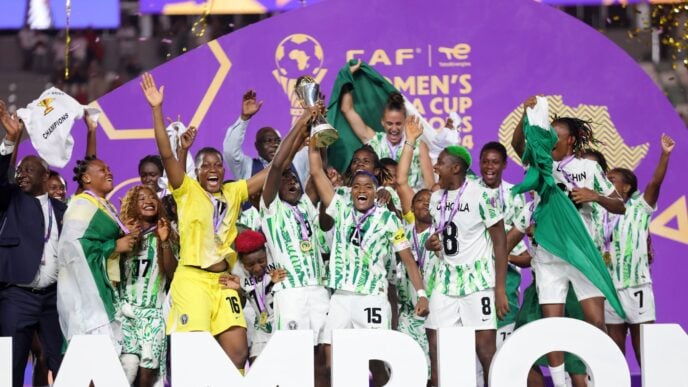BY ABU QUASSIM
What is a coalition? The Oxford Language Dictionary defines coalition as “a temporary alliance for combined action, especially of political parties forming a government”. The word is said to have originated from the Medieval Latin word ‘coalescere’ or ‘coalitio’ and was then first derived from the English word ‘coalesce’. As a word, it then means “Union of diverse things into one body or form or group”.
The Oxford Dictionary even gave a more interesting definition of the word. It describes coalition as “a group of two or more social actors who agree to work together for their mutual self-interest to achieve a common goal.”. It states further that “coalitions are often temporary arrangements and do not necessarily require that the parties involved have strong bonds beyond their shared interest in achieving a goal”.
This former definition seems more practical and direct than the latter ones. It helps to set certain requirements to view and assess the attempts to form past and present political coalitions for elections in Nigeria. The first efforts at creating a coalition were during the preparation for the 1964 federal parliamentary elections in the country. Then, the National Convention of Nigerian Citizens (NCNC) and the Action Group (AG), both parties with strong bases in the southern parts of the country allied to work together in the election. The name of their coalition was the United Progressive Grand Alliance (UPGA).
In response to the formation of the UPGA, the then ruling party, Northern People’s Congress (NPC) also merged with the faction of AG which was led by Chief Ladoke Akintola and known as the Nigerian National Democratic Party (NNDP). The two then formed what was known as the Nigerian National Alliance (NNA). We know how the two coalitions ended after their fierce battle for the parliamentary seats was marred by the massive rigging of the elections by the ruling party. And the military struck.
Advertisement
The most recent coalition was when some political parties came together in 2014 to form a coalition whose main aim was to end the 26-year rule by the People’s Democratic Party (PDP) which had been in power. At that time, it was not looking like PDP could be defeated by any of the opposition parties if they individually confronted the ruling party. Therefore, the Action Congress of Nigeria (ACN), the Congress for Progress Change (CPC), All Nigeria People’s Party (ANPP), a faction of All Progressives Grand Alliance (APGA), and the new Peoples Democratic Party (nPDP), came together, they shed their identity and formed the All Progressives Congress (APC). The APC eventually became the first opposition coalition that successfully removed the ruling party from power in our country.
In all of these coalitions, there is are common denominator. Existing parties decided to coalesce and fuse. They either temporarily shed their existing or old identities and dissolve into a larger platform as was the case in the UPGA and NNA coalition which was just for the purpose of prosecuting the 1965 elections. It may also be a permanent arrangement as it was done in the 2014 case of the APC.
In the last month or so, we have seen the influx of some politicians into a hitherto small, dormant, non-descript political party, called the African Democratic Congress (ADC). The entry of the individuals who used to be members of the PDP, APC, and Labour Party into ADC has suddenly given the party prominence. It is now a party to be reckoned with in the analysis of the countdown to the 2027 polls.
Advertisement
However, many have referred to the ADC and the fellow travelers in it as a ‘coalition’. I wonder how this could be so. Despite the exit of the defection of some leaders of the PDP into the ADC, the PDP as a corporate entity and a political platform, remains untouched and undisturbed. The PDP has been re-strategising on how to win the 2027 elections. The party that governed Nigeria between 1999 and 2015 is set to contest all posts that will be up for grabs in the 2027 elections.
The same thing applies to the Labour Party whose leaders recently had a meeting and are planning for a national convention before the end of the year. Also, APC which is the ruling party, in Nigeria has lost some key members to the ADC, yet the ruling party remains unperturbed. So, if all the political parties that experienced defections of some of their members into ADC are still standing and proclaiming that they are not shaken, how can the ADC be a coalition?
The ADC can only be qualified to bear the appellation of ‘coalition’ if APC, PDP, Labour, or any other party as a platform dissolves into it or two or more of the parties fuse to form the ADC. A coalition results from the merger or fusion of platforms.
Thus, ADC is not a coalition. It is not qualified to be so-called. ADC is at best a refurbished, revamped, and re-energized political platform which is now drawing strength from the new members that defected to it from other existing and competing parties. The leaders of the ADC have been wrongly using the term ‘coalition’ to describe the platform.
Advertisement
Perhaps this wrong label that ADC has adopted is a deliberate design and coinage by its leaders to deceive and give a better expression to its arrival on the political scene. This wrong appellation of ‘coalition’ is intentionally being repeatedly used by the new promoters of ADC for messaging purposes. It is an appellation that gives an air of importance, broadness, and relevance to the refurbished platform.
However, for proper identification of the party and to avoid misuse of labels and giving a wrong impression to the political community, the ADC should henceforth be rightly called what it is and its promoters must stop creating a wrong impression. ADC is by no means a coalition. It is a misuse of the word to call, label, identify, and refer to it as a coalition. What it is, is a revamped and refurbished political platform. It is just a party that is getting a good number of new political actors, particularly those who have fallen out of favour with the Tinubu administration. Shikena !
The media, political commentators and analysts, international observers, and others interested in Nigerian politics should take note. No new coalition has been formed in Nigeria as we move towards 2027. Maybe one will come later.
Quassim writes from Abuja.
Advertisement
Views expressed by contributors are strictly personal and not of TheCable.
